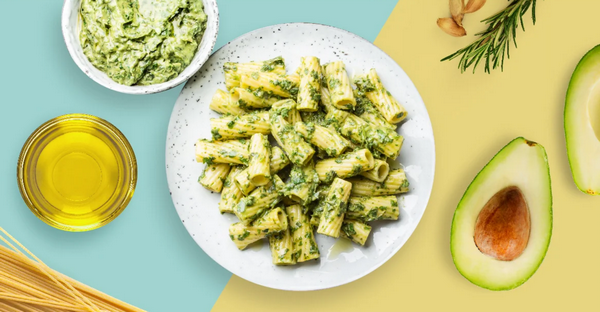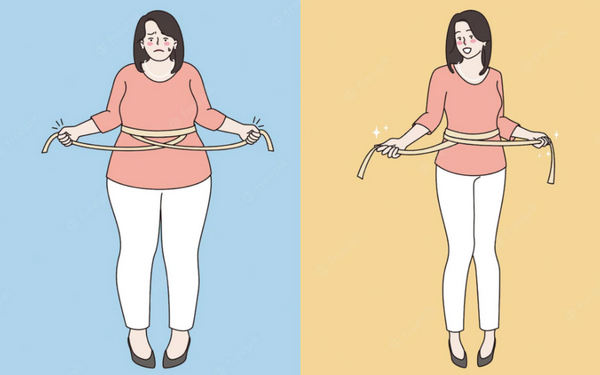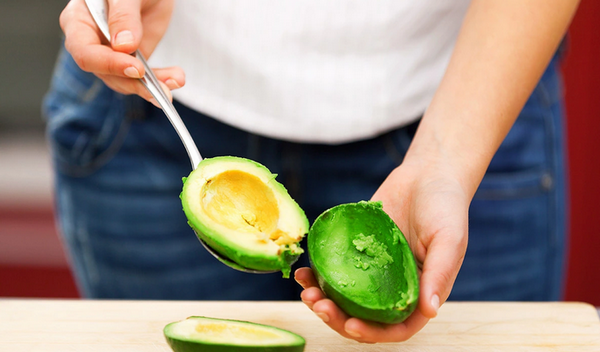
Endocrinologist explains how the degree of al dente readiness will help you lose excess weight
"Any action that reduces the ability to store energy should be used." The endocrinologist explained why the degree of "al dente" can be more helpful than fully cooked foods.
The degree of al dente readiness of pasta can potentially help with weight loss due to its impact on the glycemic index (GI) of the food. The glycemic index measures how quickly a particular food raises blood sugar levels. Foods with a high GI are quickly digested and cause a rapid increase in blood sugar, while those with a low GI are digested more slowly, leading to a gradual increase in blood sugar levels.
When pasta is cooked al dente, meaning it is still firm and has a lower degree of doneness, it has a lower glycemic index compared to pasta that is fully cooked and soft. This is because the starch in the pasta takes longer to be broken down and absorbed by the body, resulting in a slower release of glucose into the bloodstream.
By choosing al dente pasta, you can potentially avoid spikes in blood sugar levels and the subsequent crashes that often lead to increased hunger and cravings. This can help you feel fuller for longer and reduce the likelihood of overeating or snacking between meals. Additionally, foods with a lower glycemic index have been associated with improved insulin sensitivity and better blood sugar control, which are important factors for weight management.
It's worth noting that the impact of al dente pasta on weight loss would be relatively small compared to other factors such as overall calorie intake, portion sizes, and the balance of macronutrients in your diet. While al dente pasta may have some benefits, it's essential to consider your overall dietary choices and engage in regular physical activity for effective and sustainable weight loss.

"To understand, here's an example: when will a person expend more energy and calories? When running with a heavy backpack or light? Of course, with extra weight, that is, with a backpack. So it is with "al dente." This is the degree of readiness, when the product is almost ready, but it is literally a couple of minutes short of being fully cooked. It's not cooked, in preserved shape, etc. But to digest "al dente", the body takes more energy, and therefore, more calories," she explained.
In addition, for people who lose weight, eating puree soup is less beneficial than soup with cooked vegetables in their original form, because we also spend calories chewing.
"Since the whole world is actively fighting obesity, any action that reduces the ability to store energy should be used. That includes the degree to which the product is al dente."











